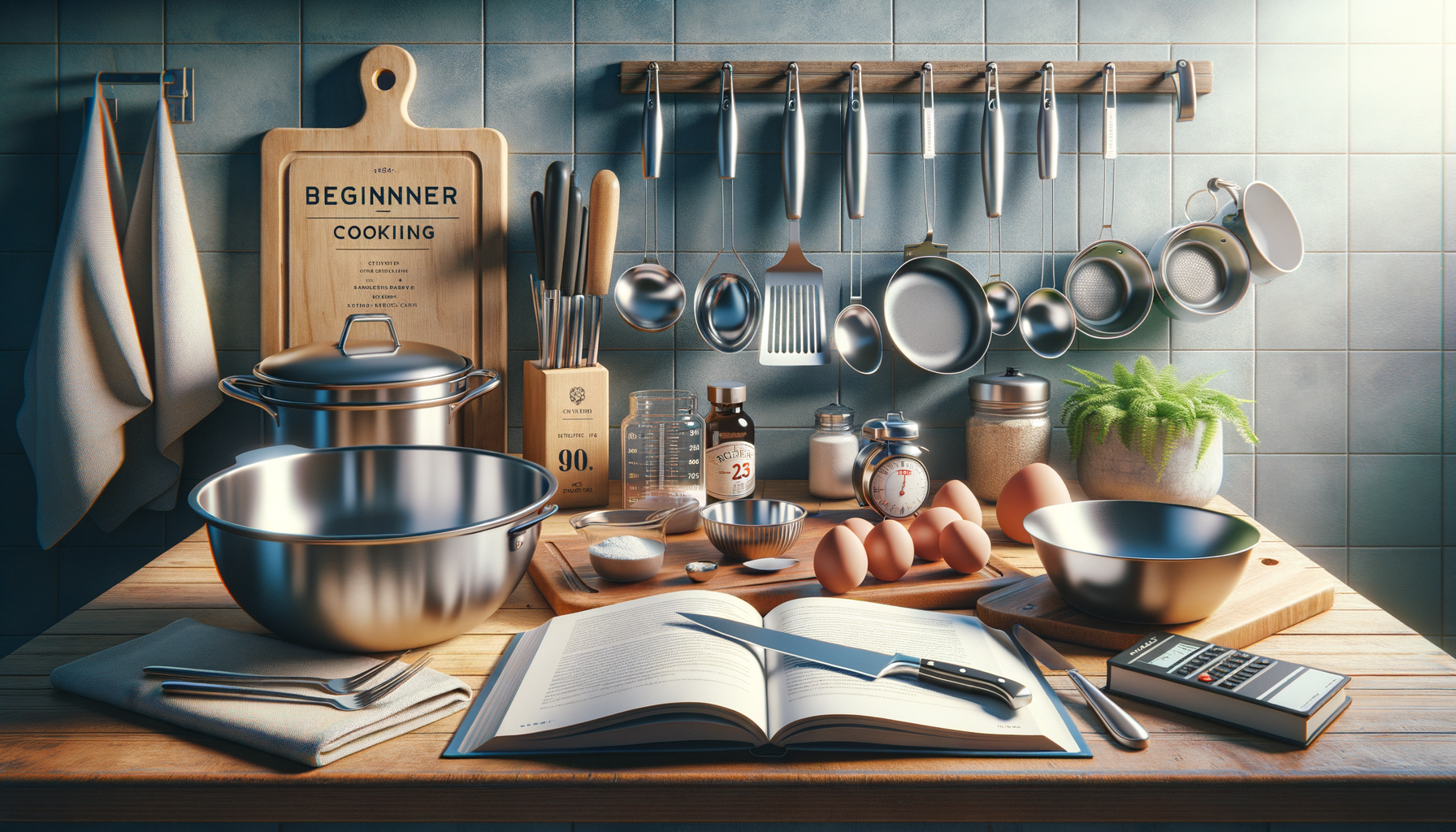
Beginner Cooking? Start With These 5 Fundamentals From Culinary School
Introduction to Culinary Fundamentals
Cooking is an art that combines creativity with technique, and for beginners, mastering the basics is crucial. Whether you are cooking for yourself or preparing meals for loved ones, understanding the fundamental techniques can transform your culinary experience. This article explores five essential cooking fundamentals that are taught in culinary schools, providing you with practical tips to enhance your cooking skills.
Mise en Place: The Key to Efficiency
Mise en place, a French term meaning „everything in its place,“ is a fundamental concept in cooking that emphasizes preparation. Before you start cooking, gather all ingredients, measure them, and have your tools ready. This practice not only streamlines the cooking process but also reduces stress and prevents mistakes. Consider the following steps:
- Read the entire recipe before starting.
- Prepare and measure all ingredients in advance.
- Organize your workspace to ensure easy access to tools.
By adopting mise en place, you’ll find that cooking becomes more enjoyable and less chaotic, allowing you to focus on perfecting your dish.
Understanding Heat Control
Heat control is an essential skill in cooking, affecting the texture, flavor, and appearance of your food. Different cooking methods require varying levels of heat, and understanding how to adjust it can make a significant difference in your dishes. Here are some tips for mastering heat control:
- Use high heat for searing and browning meats.
- Opt for medium heat for sautéing vegetables.
- Simmer sauces and soups over low heat to develop flavors.
Experimenting with heat levels and observing how they affect your cooking will help you develop an intuitive sense for temperature control, enhancing the quality of your meals.
The Art of Seasoning
Seasoning is more than just adding salt and pepper; it’s about enhancing the natural flavors of your ingredients. Proper seasoning can elevate a dish from ordinary to exceptional. Here are some key points to consider:
- Taste your food as you cook to adjust seasoning levels.
- Balance flavors with a combination of herbs, spices, and acids.
- Remember that seasoning should complement, not overpower, the dish.
Experiment with different seasonings and taste combinations to discover what works best for your palate. This practice will not only improve your cooking but also expand your culinary repertoire.
Knife Skills: Precision and Safety
Knife skills are fundamental in cooking, impacting both the presentation and cooking time of your dishes. Learning proper cutting techniques ensures safety and efficiency in the kitchen. Here are some essential knife skills to master:
- Learn the basic cuts: dice, chop, mince, and julienne.
- Keep your knives sharp to prevent accidents.
- Use the correct knife for each task to achieve precision.
Practicing these skills regularly will improve your confidence and competence in the kitchen, making cooking a more enjoyable and rewarding experience.
Conclusion: Embracing the Joy of Cooking
Mastering the fundamentals of cooking opens the door to a world of culinary possibilities. By incorporating these essential techniques into your routine, you’ll find that cooking becomes not only easier but also more enjoyable. Remember, practice makes perfect, and with time, you’ll develop your unique cooking style that reflects your tastes and creativity. So, embrace the journey and savor the joy of cooking.